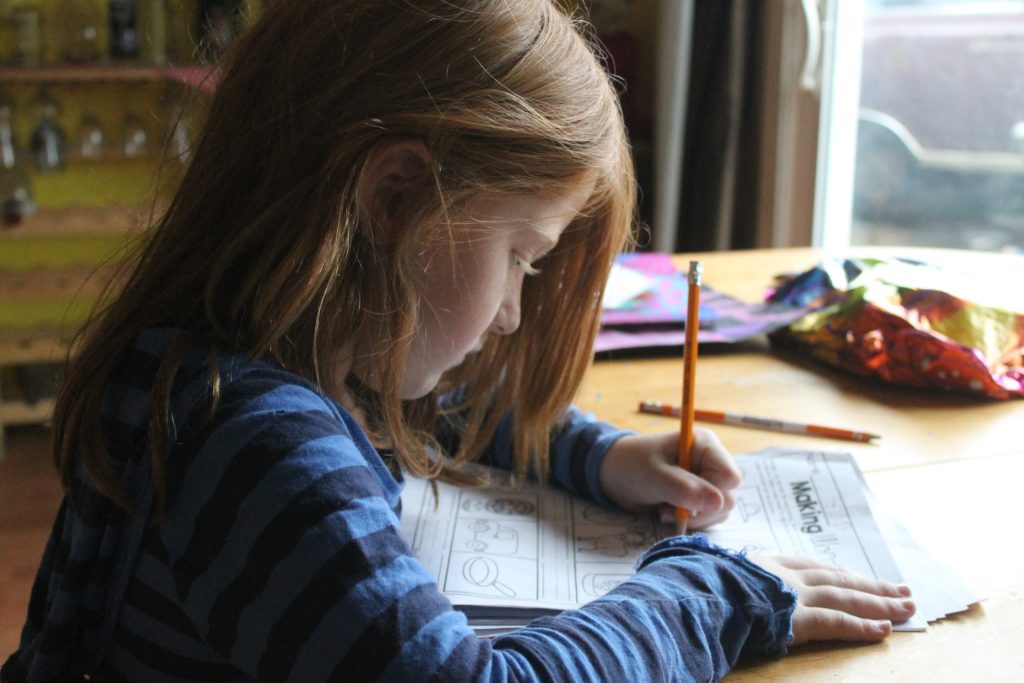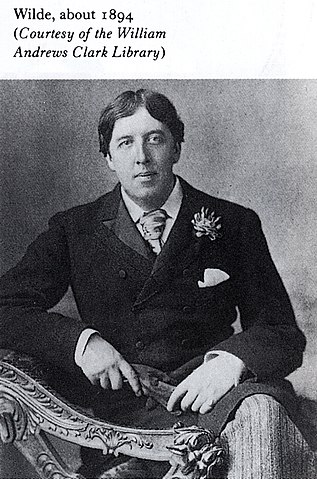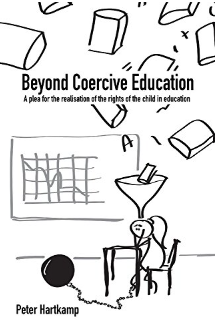15 Ways to reimagine Education
8. Value Self-Directed Education.
In his book, Free to Learn, Researcher and Psychology Professor, Dr Peter Gray explains how we have become a society that assumes that children are, merely because of their age, irresponsible and incompetent.

The belief that children and even teenagers are incapable of rational decision-making is a self-fulfilling prophecy. By confining children to school and by filling their time with school work we deprive them of time and opportunities they need to practice self-direction and responsibility.
Children Learn Best when Allowed to Control their Own Learning
It is widely documented that the ability to learn is greatly affected by the degree of control students have over their learning. The more control we have, the deeper our learning will be and the more likely we are to retain what we have learnt.
In this short film by the Alliance for Self-Directed Education (ASDE), Dr Peter Gray describes how children come into the world biologically designed to educate themselves on their own motivation.
Conventional schooling in fact does more harm than good and undermines young people’s natural ways of learning. Schooling promotes shallow learning for the purposes of passing tests rather than deep understanding.

“One had to cram all this stuff into one’s mind, whether one liked it or not. This coercion had such a deterring effect that, after I had passed the final examination, I found the consideration of any scientific problems distasteful to me for an entire year.”
Albert Einstein
What is Self-Directed Education (SDE)?
The ASDE defines it as ‘education that derives from self-chosen activities and life experiences of the person being educated’. This can include lessons and classes if they are chosen by the learner. More often however, SDE comes from everyday life as learners pursue their own interests.
The film above outlines the motivating forces for SDE as:
- Curiosity.
- Playfulness.
- Sociability.
- The general desire of every person to do well in life.
Dr Gray argues that conventional, imposed schooling on the other hand is motivated by systems of reward and punishment, is aimed at enforcing conformity rather than uniqueness, and operates by suppressing (rather than nurturing) curiosity, playfulness, sociability and self-direction.
He concludes that research has shown that SDE works beautifully if young people are given the opportunity to optimise their natural abilities to educate themselves. These conditions can be provided at a fraction of the cost of coercive state-controlled schools.

Credit: Russell and Sons
“How I hated schools, and what a life of anxiety I lived there. I counted the hours to the end of every term, when I should return home. I always like to learn, but I don’t always like to be taught.
Schools have not necessarily much to do with education. They are mainly institutions of control where certain basic habits must be inculcated to the young.
Education is quite different and has little place in a school”
Sir Winston Churchill
Is a Lack of SDE a Violation of Children’s Rights?
Author and founder of several SDE democratic schools, Peter Hartkamp describes conventional schooling as coercive. He uses this term because children are forced to go to school and are controlled inside i.e. they submit to the teacher, follow the curriculum, complete homework, do tests etc, and they are required to think in a way school wants them to think.
He argues that there is no evidence that coercion produces the best results. There is evidence however that intrinsic motivation results in more effective learning. He states that the reason often quoted to force children to school is that ‘it’s for their own good’. Hartkamp therefore asks:
“If there is evidence that coercion is not effective or is even counterproductive, does forced schooling not violate the right to education?
Does coercion in education not infringe on the rights and freedoms of children, similar to the infringement on the rights and freedoms of slaves and of women in times past?”
Peter Hartkamp
Benefits of Self-Directed Education
- Learning is at a deeper level.
- Retention of material learnt is higher.
- Adults are facilitators rather than teachers, resulting in a relationship of mutual respect. This boosts self-esteem as learners are free from a them-and-us teacher vs student mind-set.
- Mental health and wellbeing are protected as students are free from coercive disciplinary systems, compulsory lessons, restricted curriculum and standardised tests.
How do Students Teach Themselves?
It is a misconception that self-directed learners learn alone in isolation. Rather, they learn as they go through life, interacting and collaborating with children and young people of all ages and adults too, asking for help and direction when they need it.
However, it is also a misconception that children always need to be taught. A statement that went viral on Twitter recently said:
“If children went to school at six months old and teachers gave them walking lessons, within a single generation people would come to believe that humans couldn’t walk without going to school.”
Sugata Mitra is a Professor of Educational Technology at Newcastle University. He has caught the attention of educators the world over and believes that in the absence of teaching or supervision, children can teach themselves. In 1999 he conducted an experiment in Delhi, India to illustrate this.
He installed a computer on the outside of a building facing one of the poorest slums, where most children were illiterate and had probably never seen a computer before. Mitra turned it on, told the children they could play with it and then observed what happened by way of a hidden camera.
Within days the children, who were aged around 7-13 years, learnt how to use it, found out how to get online and then taught each other, with no adult involvement at all. The same experiment has been repeated several times with the same results. Sugata Mitra continued his research and showed that children can learn almost everything themselves. He concluded that adults must not stand in the way of learning.
You can watch Sugata Mitra’s TED Talk below and read his article our Research and Articles section.
Sugata Mitra asks: “Can Kids Teach Themselves?”
Unschooled Children Teach Themselves Literacy
Mitra’s findings are in line with evidence from schools and learning communities which follow a SDE approach, as well as home educating unschooling parents whose children teach themselves to read and write.
The general assumption in our culture is that children must be taught to read, so it’s hard to imagine that it can be learnt another way. The following articles in Psychology Today list seven principals of how children learn to read without schooling, and explore why natural learning fails in classroom:
Children Teach Themselves to Read
The Reading Wars: Why Natural Learning Fails in Classrooms
Attempts to force children to read against their will (as is routinely done in schools) can backfire. It can actually put children off reading and learning altogether. This seems like such a waste of time and resources, not to mention the harm done to children and their learning potential.
The following article from the Happiness is Here blog is another useful resource which explains – from an unschooling parent’s perspective – how children learn to read without school. It also includes links to further reading on this subject:
Reading Doesn’t Need to Be Taught – How Unschoolers Learn to Read

“Education is an admirable thing, but it is well to remember from time to time that nothing that is worth knowing can be taught.”
Oscar Wilde
Case Study from a SDE/Democratic School – Learning to Read

This story comes from the Netherlands. In his book, Beyond Coercive Education, Peter Hartkamp describes how his daughter, aged 8, declared, “I would rather be dead than be at school”.
She became very depressed during term time and after much research they eventually set up their own democratic school, inspired by the US Sudbury Valley School. Hartkamp says:
“By starting our own school, the problems of our children were solved. Our children were revitalised. Headache, abdominal pain and depression disappeared and they developed at phenomenal speed.
At her old school, our oldest daughter had only reached level five out of ten of the reading method. After she was freed again, she read a Harry Potter book in two days. There was nothing wrong with her reading abilities, only that the reading method was totally demotivating for her.
Our youngest daughters suddenly started to ask questions again. Then I realised that they always questioned everything until they were five. Their curiosity had come back again after four years!”
Peter Hartkamp
Case Study from the US – Learning Maths Without Coercion
Hartkamp’s book also mentions notable examples which show that less coercive education produces better results. For example, in the 1930s, the superintendent of a number of American primary schools conducted an experiment whereby arithmetic lessons were eliminated for some children, for grades one to five.
At the start of sixth grade, the children who had not been taught arithmetic performed much better on story problems that could be solved by common sense and a general understanding of numbers and measurement, and scored lower on standard arithmetic tests.
However, by the end of sixth grade, they scored equal on standard tests and still much higher on story problems.
Hartkamp concludes that the theory that more teaching is better is false. Research is showing that the opposite is true – less coercive education is better.
Self-Directed Education (SDE) Resources
Find out more about SDE as an educational approach in SDE schools and learning communities and chosen by Unschooling home educators.
You can search our directory for SDE education providers in the UK.
www.suitable-education.uk – Created by home educators in the UK. Provides an evidence base for self-directed education.
Freedom to Learn blog by psychologist and author, Dr Peter Gray:
www.self-directed.org – The Alliance for Self-Directed Education
Books About SDE
Changing Our Minds: How children can take control of their own learning, by Dr Naomi Fisher
Unschooling: Exploring Learning Beyond the Classroom (Palgrave Studies in Alternative Education), by Dr Gina Riley
Self Managed Learning and the New Educational Paradigm, by Dr Ian Cunningham
Rethinking Learning to Read, by Harriet Pattison
Freedom to Learn, by Peter Gray
How Children Learn, by John Holt
Beyond Coercive Education, by Peter Hartkamp
Self-Directed Learning: An imperative for education in a complex society, by Elsa Mentz, Dorothy Laubscher & Jako Olivier
Further Reading on Why Progressive Alternatives are Needed
Please visit 15 Ways to Reimagine Education

